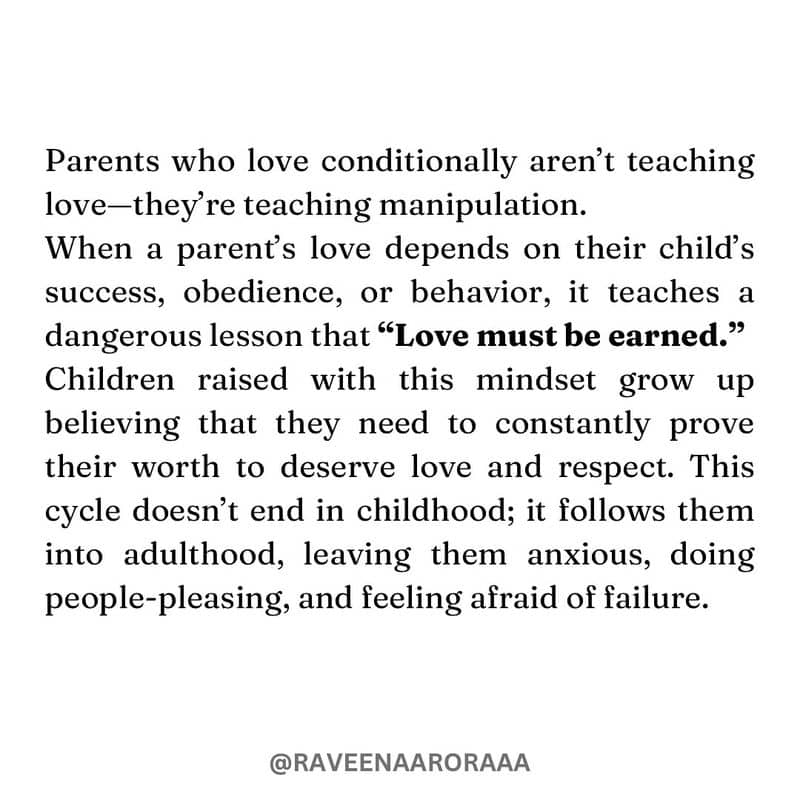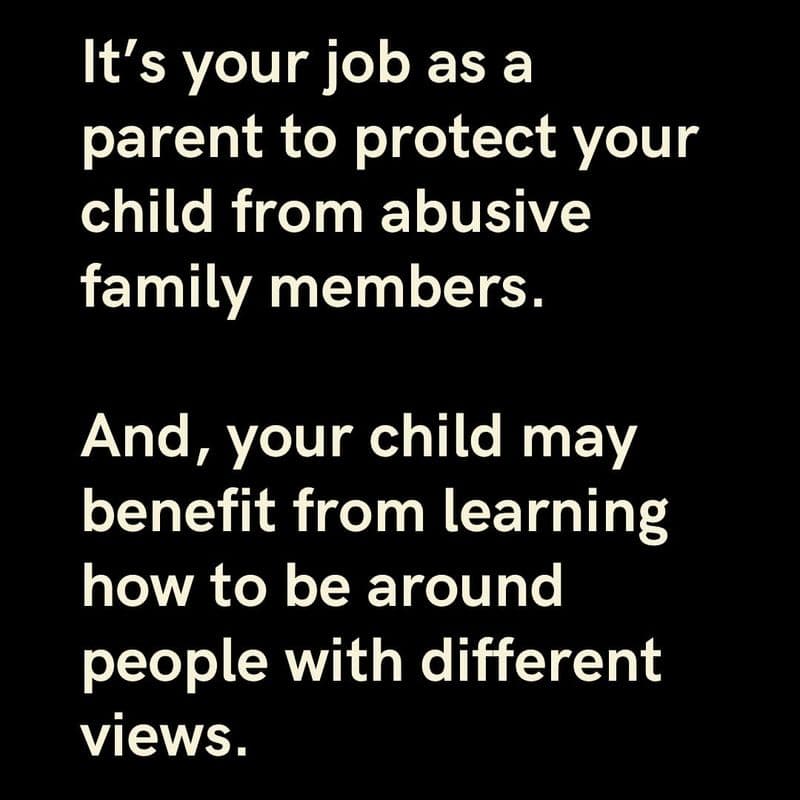Family relationships can be complicated, especially when they cause more harm than good. Sometimes, the hardest but healthiest choice is to create distance from parents who negatively impact your life.
While society often emphasizes family bonds at all costs, your mental and emotional well-being matter too.
These situations might signal it’s time to consider cutting ties for your own protection and growth.
1. Physical or Emotional Abuse Continues
Nobody deserves to endure abuse, regardless of family ties. When parents consistently hurt you physically or emotionally, severing contact becomes an act of self-preservation, not selfishness.
Many adults struggle with guilt when considering this step, but ongoing abuse rarely improves without professional intervention. Your safety matters more than maintaining a relationship that causes harm.
Creating distance allows healing to begin and prevents the cycle from continuing. Remember that blood relation doesn’t grant anyone the right to mistreat you repeatedly.
2. They Undermine Your Recovery Efforts
Recovery from addiction or mental health challenges requires supportive surroundings. Parents who sabotage your progress—offering alcohol to someone struggling with sobriety or dismissing therapy as unnecessary—become obstacles to wellness.
Such behavior demonstrates profound disrespect for your journey. Despite knowing your vulnerabilities, they choose actions that threaten your stability.
Protecting your recovery sometimes means removing toxic influences, even parental ones. Your health journey deserves protection from anyone who jeopardizes it, regardless of their relationship to you.
3. Constant Criticism Destroys Your Self-Worth
The steady drip of criticism can erode even the strongest foundation of self-esteem. When parents consistently find fault with your appearance, choices, or accomplishments, the damage accumulates over time.
Adults raised under constant criticism often develop perfectionism, anxiety, or depression. You might notice yourself anticipating disapproval in every interaction, bracing for the next painful comment.
Breaking free from this cycle sometimes requires distance. Without the persistent voice of criticism, many discover their true worth and capabilities for the first time—a revelation worth the difficult decision to step away.
4. They Refuse to Respect Your Boundaries
Healthy relationships require mutual respect. When parents repeatedly ignore your clearly stated boundaries—showing up unannounced, sharing your private information, or making decisions about your life—they demonstrate fundamental disrespect.
Many try setting firmer boundaries before cutting contact. “If you continue to share my personal information with others, I’ll need to limit what I tell you.” When such boundaries are repeatedly trampled, separation becomes necessary.
Adults deserve the dignity of having their limits respected. Parents who consistently violate boundaries send a clear message that their desires outrank your needs—a dynamic that rarely improves without significant distance.
5. Manipulation Tactics Control Your Choices
Masters of manipulation, some parents employ guilt, gaslighting, or emotional blackmail to maintain control. “After all I’ve done for you” or “If you really loved me” precede demands that override your autonomy.
Financial manipulation often features prominently—offering help with strings attached or threatening to withhold support unless you comply with their wishes. These tactics create unhealthy power dynamics that persist well into adulthood.
Breaking free from manipulation often requires complete separation. Without contact, the manipulator loses leverage, allowing you to reclaim decision-making power and discover what you truly want from life.
6. They Endanger Your Children
Becoming a parent shifts priorities dramatically—suddenly your child’s safety outranks all other considerations. When grandparents demonstrate unsafe behavior around your children, swift action becomes necessary.
Refusing to follow safety rules, exposing children to dangerous people or substances, or undermining your parenting authority creates unacceptable risk. Many parents struggle with this boundary until witnessing a frightening close call.
Your primary responsibility lies with protecting your children, not maintaining relationships that endanger them. Breaking contact might feel extreme, but nothing matters more than keeping vulnerable children safe from harm, even when the danger comes from their grandparents.
7. Substance Abuse Creates Chaos
Active addiction transforms people into unpredictable versions of themselves. Parents struggling with substance abuse often create environments filled with broken promises, financial instability, and emotional volatility.
Many adult children exhaust themselves trying to help parents overcome addiction. The heartbreaking reality is that recovery requires personal commitment that no amount of external support can replace.
Creating distance sometimes becomes necessary for your own stability. This boundary doesn’t mean abandoning hope for their recovery—rather, it acknowledges that you cannot sacrifice your wellbeing indefinitely waiting for change that may never come.
8. They Attempt to Sabotage Your Relationships
Controlling parents often view partners as threats to their influence. Their sabotage takes many forms—from outright hostility toward your significant other to subtle undermining through comparisons or criticism.
Some go further by creating conflict, spreading rumors, or attempting to turn family members against your chosen partner. This behavior reflects a fundamental inability to accept your independence and life choices.
Healthy parents support your relationships even when they have concerns. Those who actively work to destroy your connections demonstrate toxic possessiveness that rarely improves with time, often making distance the only path to relationship peace.
9. Gaslighting Makes You Question Reality
“That never happened” or “You’re too sensitive” become familiar phrases when parents engage in gaslighting. This insidious form of manipulation causes victims to question their own memories, perceptions, and sanity.
The psychological damage accumulates over time. Many adults raised by gaslighting parents struggle with decision-making and trusting their own judgment, constantly seeking external validation.
Distance from gaslighters allows reality to solidify again. Without the constant contradiction of your experiences, clarity returns gradually. Many report feeling like they’ve regained their grip on reality only after creating significant space from parents who distorted their perceptions.
10. They Refuse to Acknowledge Your Identity
Coming out as LGBTQ+, changing religions, or embracing core aspects of your identity can trigger painful rejection from parents. When they refuse to acknowledge fundamental parts of who you are, the relationship becomes inherently harmful.
Many hold hope for eventual acceptance, enduring years of deadnaming, misgendering, or dismissal of their authentic selves. This rejection cuts deeply, affecting self-worth and emotional health.
Creating distance from those who deny your identity isn’t abandonment—it’s self-protection. Surrounding yourself with people who celebrate rather than reject your true self allows healing and growth that cannot occur in an atmosphere of persistent denial.











